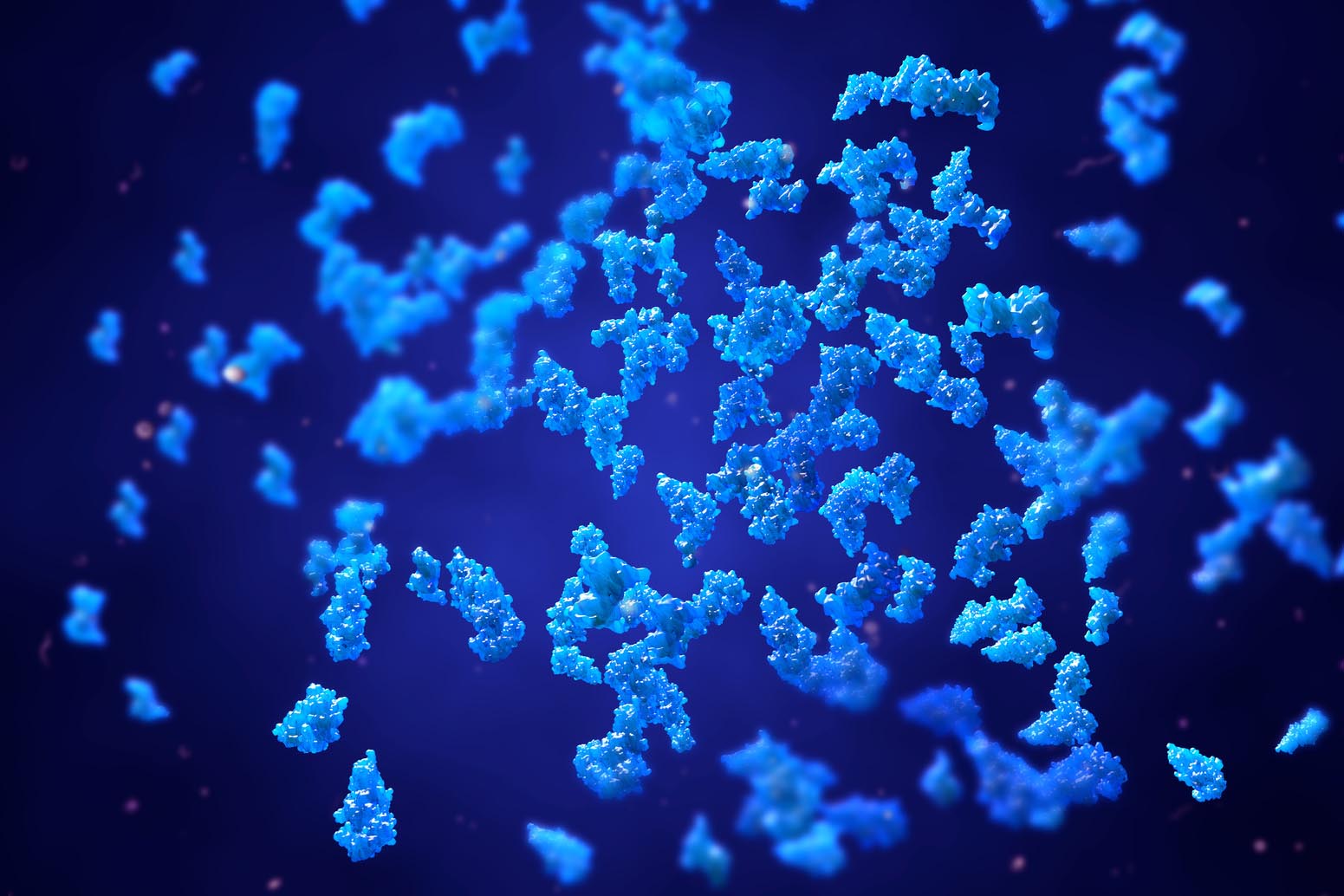• Huge trove of new proteins
• Therapeutic approach
What is already known on this topic
Small proteins produced by the human microbiota appear to have important communication functions between bacteria and their host. But these proteins are difficult to detect and have been traditionally ignored by researchers.What this research adds
Scientists have discovered more than 4,500 small protein families, most of which are novel. Many of the newly found proteins perform unknown functions in the human body, but some of them are genetically similar to previously discovered proteins that enhance antibiotic resistance.Conclusions
The study suggests that small proteins produced by the human microbiome have diverse functions. Cataloguing these proteins could help future drug development research.
Scientists have discovered thousands of small protein families, most of which had not been identified previously. The findings, published in Cell, could help future drug development research.
Small proteins produced by the human microbiota appear to have important communication functions between bacteria and their host. But these proteins, which are generally less than 50 amino acids in length, are difficult to detect and have been traditionally ignored by researchers.
To identify new small proteins produced by the microbiota, Hila Sberro at Stanford University and her colleagues analyzed 1,773 human-associated metagenomes from four different body sites: mouth, skin, gut, and vagina.
Huge trove of new proteins
The team discovered 4,539 small protein families, 96% of which are novel. Among the newly found protein families, 14 were commonly shared and performed basic functions related to the day-to-day survival of the bacteria.
Next, the researchers looked for small proteins that could be involved in the crosstalk between microbes and the environment. Because communication is typically mediated through small molecules secreted by cells, the team looked for proteins that could be secreted. Of the 4,539 small protein families, 107 (2%) are predicted to be secreted. The researchers also identified 39 small protein families that could have antimicrobial activity.
About 19% (869) of the small protein families identified in the study could play a role in defense against bacteria-eating viruses called bacteriophages, while more than half could help bacteria adapt to the environment. Some of these proteins are genetically similar to previously discovered proteins that enhance antibiotic resistance.
Therapeutic approach
The next step is to learn more about the proteins’ functions and identify those that might be important to human health. Such proteins might serve as new antibiotics or drugs for human use, the researchers say.
Because small proteins can be synthesized rapidly and are easier to study and manipulate than larger proteins, the team hopes that cataloguing them could open the door to a new area of biology and promote drug development.











